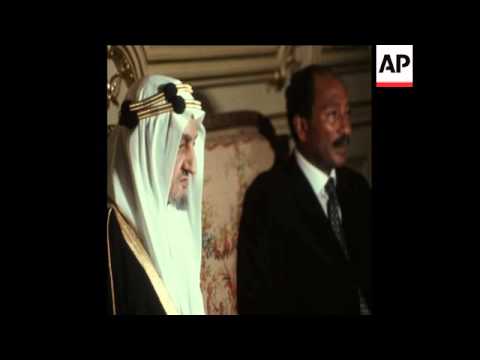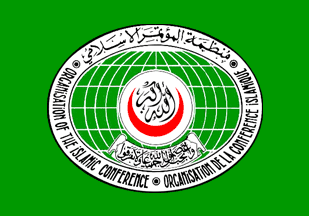Brother Faisal: Islamic World Alternate Timeline

Intro
King Faisal al Saud ascended to the throne of Saudi Arabia in November, 1964. A simple pious man, Faisal, had only reluctantly accepted leadership of the Saudi state. He was said to have even disliked the title of king wishing to be referred to simply as brother Faisal.
Domestically, Faisal became know as the great modernizer who attempted to bring Saudi Arabia into the 20th century. He worked vigorously to end slavery, improved women rights and lessened discrimination targeting the Shiite minority. Under Faisal's leadership, the groundwork was set for the modern Saudi economy and welfare state.
On the world stage, King Faisal was faced with numerous crisis from the onset of his rule. Faisal, having fought in a number military campaigns and having represented his country overseas on numerous occasions, was found to be a most capable leader for his country.
The most pressing challenge facing the kingdom was the wave of Pan-Arab Nationalism then sweeping the region. Under the influence of Egyptian President Gamal Abdel Nasser, Arab revolutionaries took action in Syria, Iraq and Yemen. The regicide of the Iraqi royal family and deposition of the Yemeni King had set frightening precedence.
In order to counter what he saw as a radical communist inspired movement, Faisal developed his own ideas of conservative Pan-Islamism. Faisal's dreamed of binding not only the Arab world but the entire Islamic world together.

Intro
King Faisal al Saud ascended to the throne of Saudi Arabia in November, 1964. A simple pious man, Faisal, had only reluctantly accepted leadership of the Saudi state. He was said to have even disliked the title of king wishing to be referred to simply as brother Faisal.
Domestically, Faisal became know as the great modernizer who attempted to bring Saudi Arabia into the 20th century. He worked vigorously to end slavery, improved women rights and lessened discrimination targeting the Shiite minority. Under Faisal's leadership, the groundwork was set for the modern Saudi economy and welfare state.
On the world stage, King Faisal was faced with numerous crisis from the onset of his rule. Faisal, having fought in a number military campaigns and having represented his country overseas on numerous occasions, was found to be a most capable leader for his country.
The most pressing challenge facing the kingdom was the wave of Pan-Arab Nationalism then sweeping the region. Under the influence of Egyptian President Gamal Abdel Nasser, Arab revolutionaries took action in Syria, Iraq and Yemen. The regicide of the Iraqi royal family and deposition of the Yemeni King had set frightening precedence.
In order to counter what he saw as a radical communist inspired movement, Faisal developed his own ideas of conservative Pan-Islamism. Faisal's dreamed of binding not only the Arab world but the entire Islamic world together.
Last edited:



.jpg)

